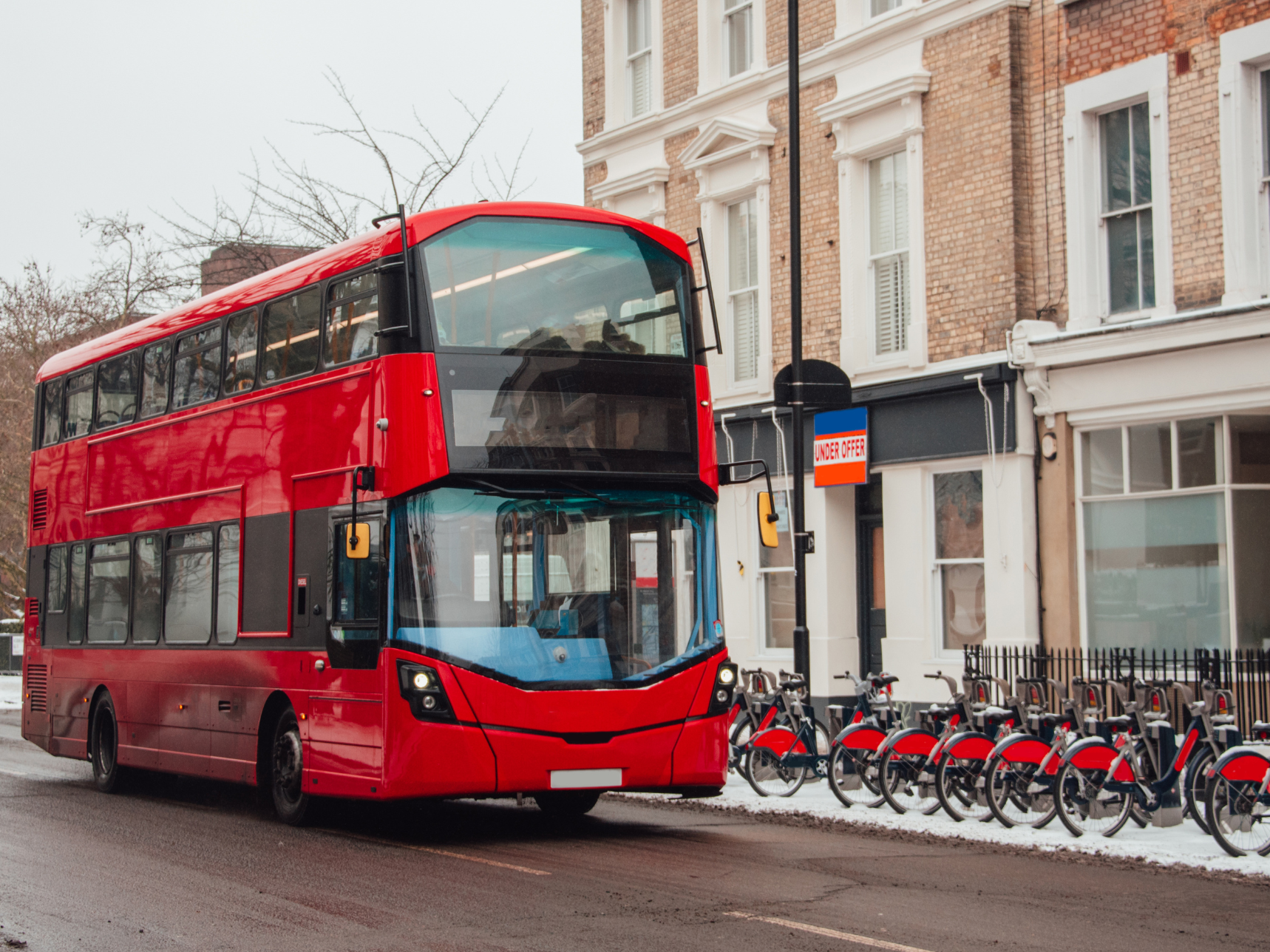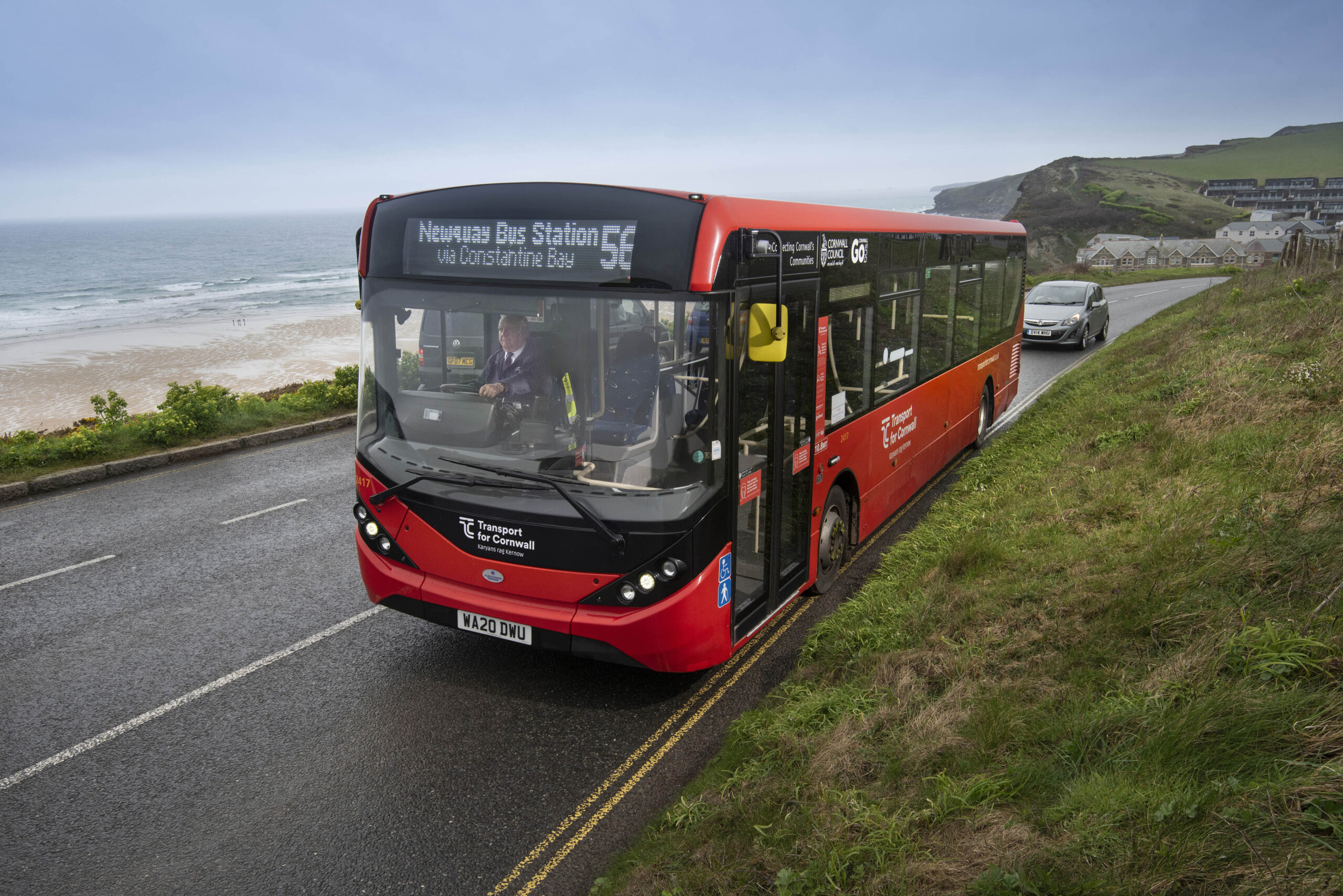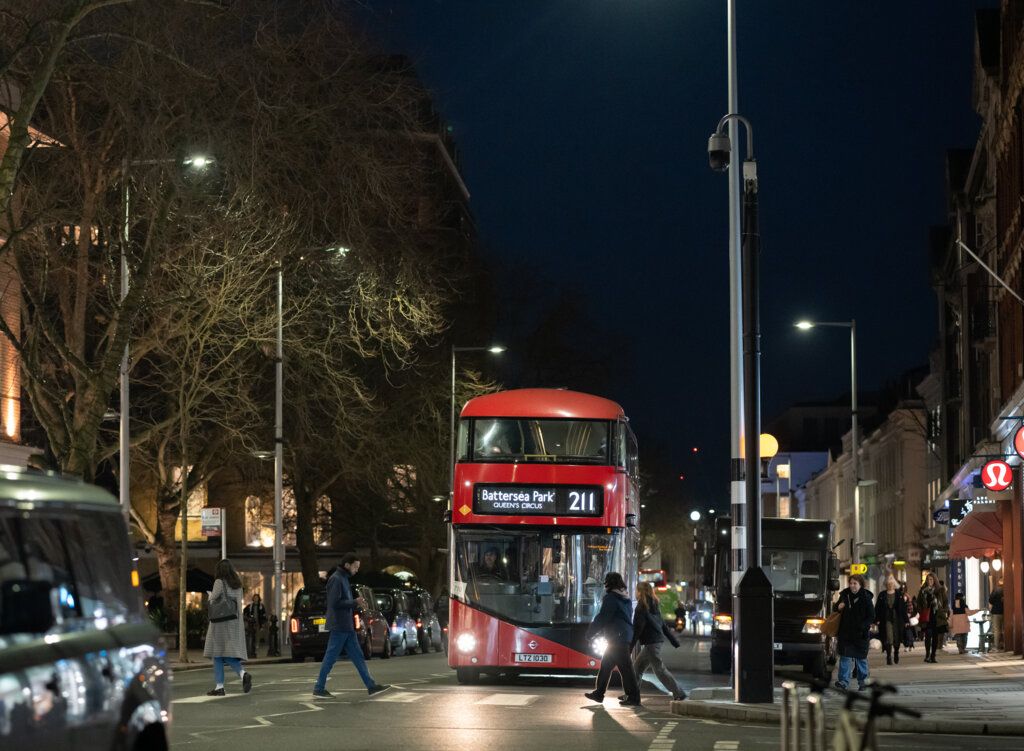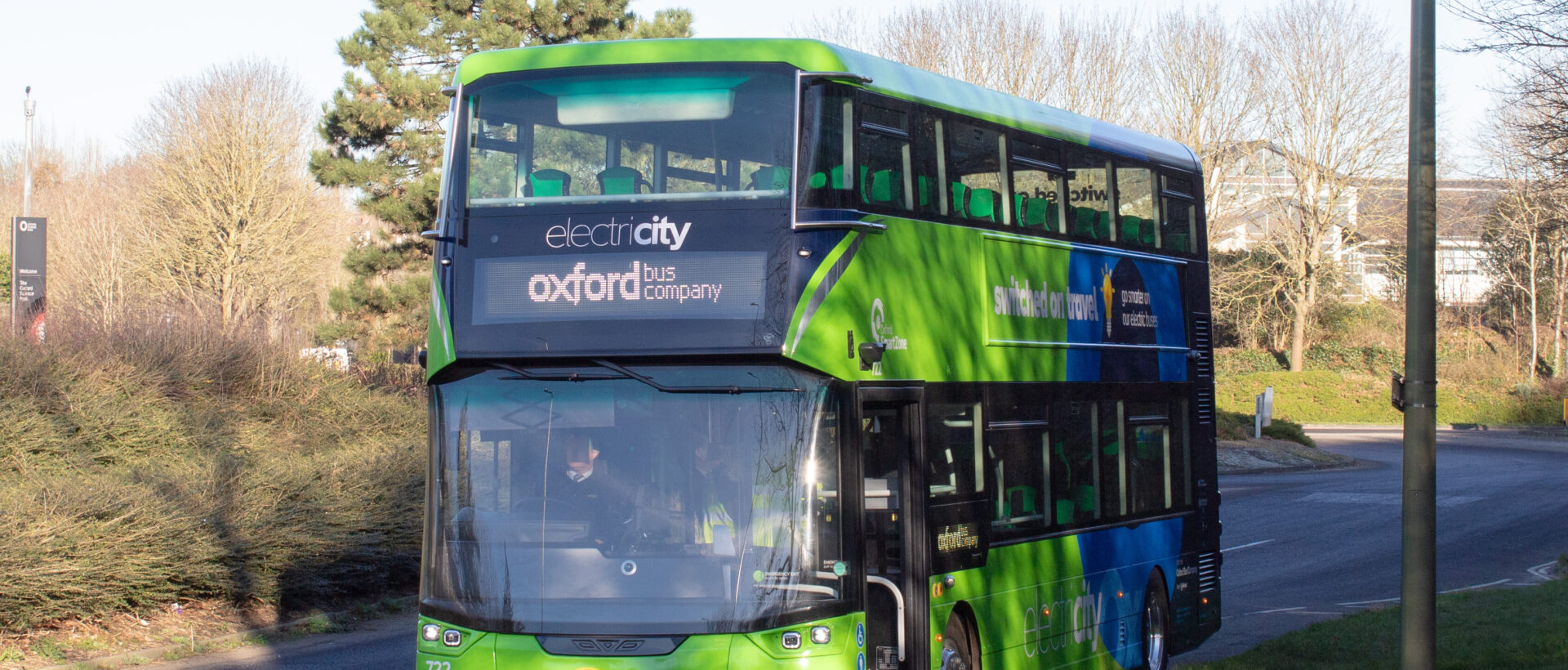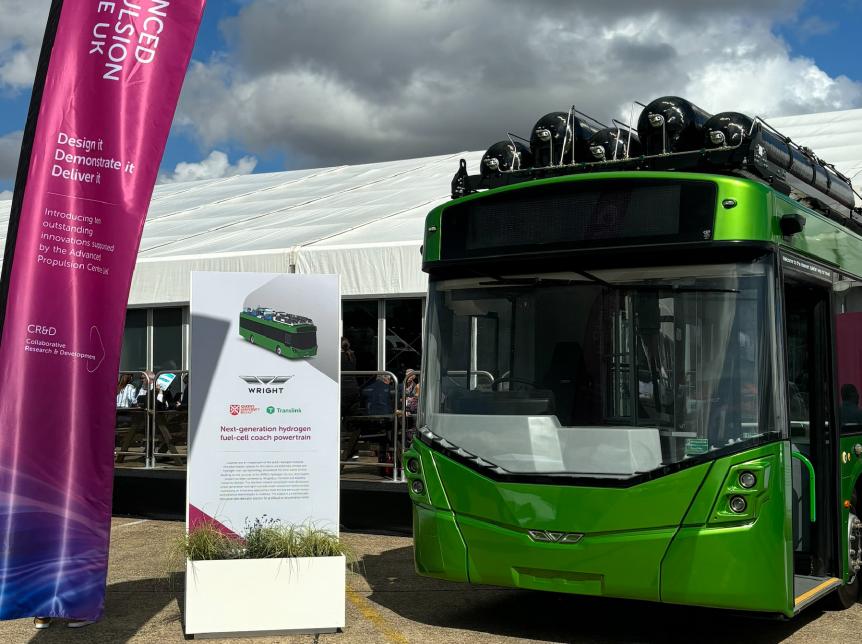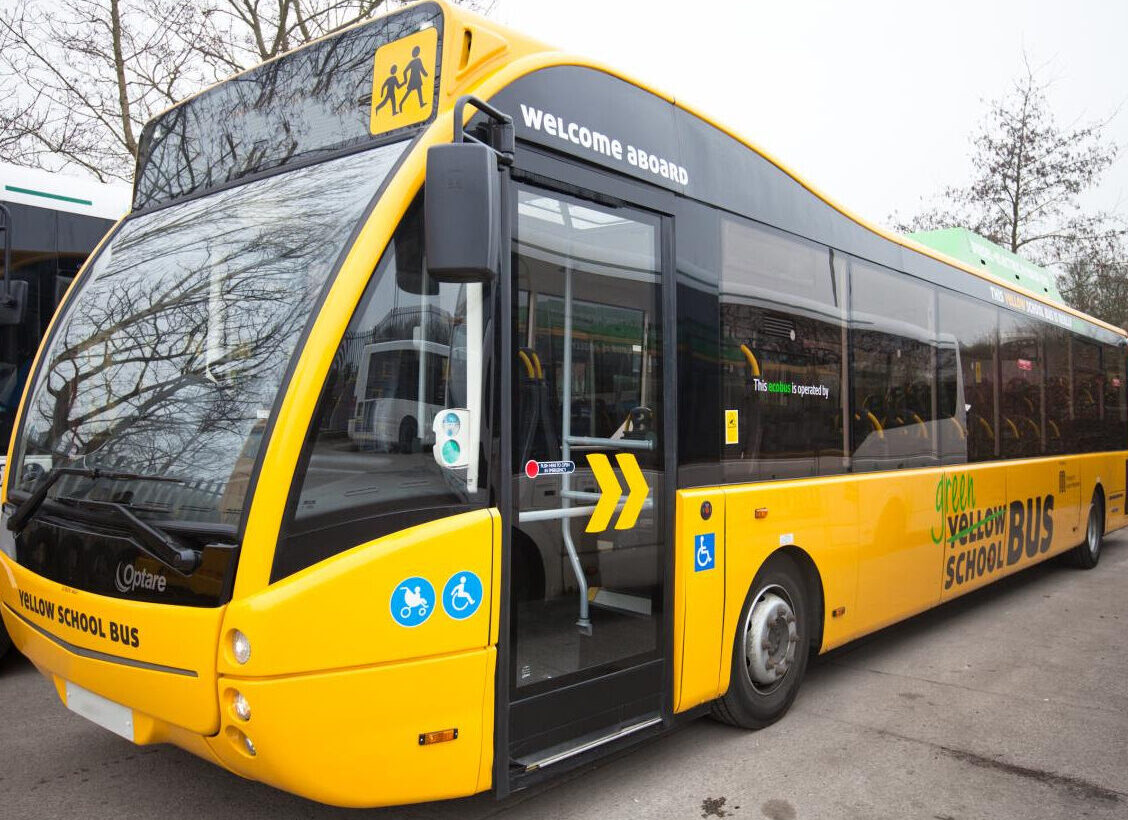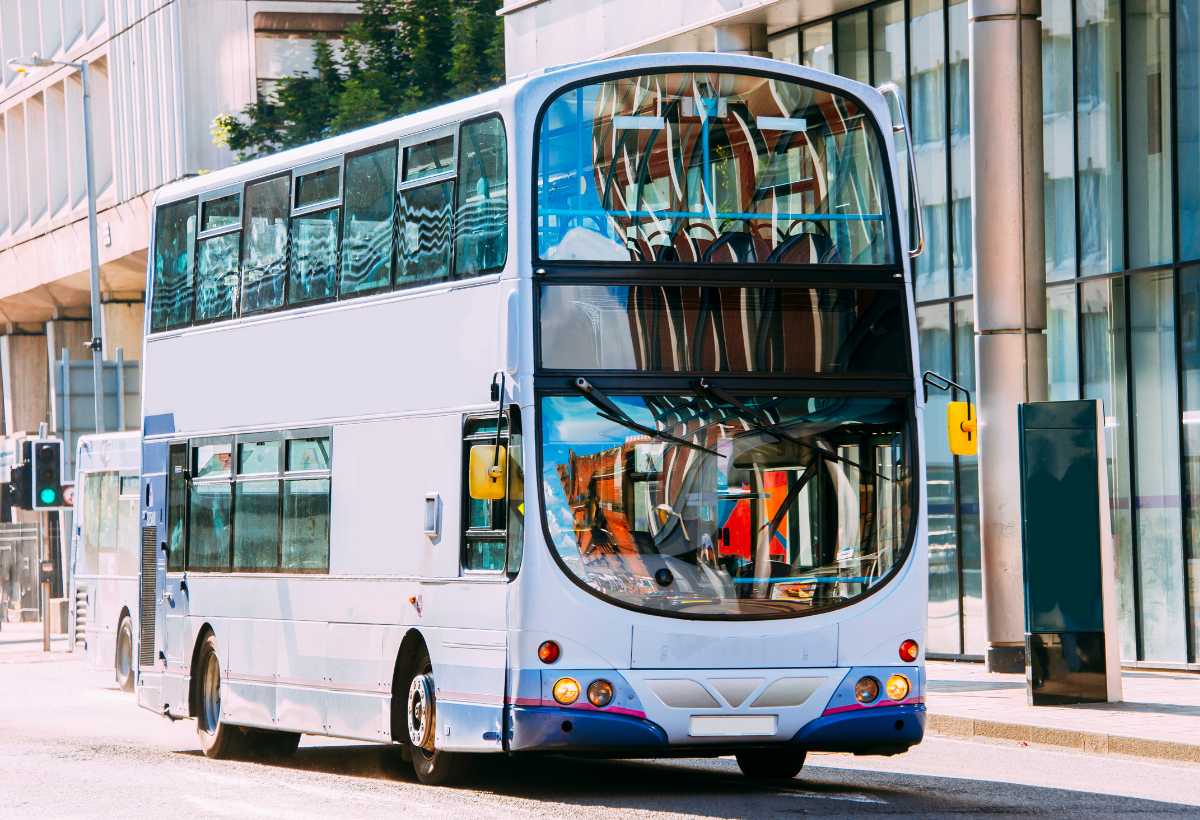UK Transport Secretary Louise Haigh has unveiled a package of measures aimed at revolutionising bus services across England, putting power back in the hands of local leaders.
Described as the “biggest overhaul to buses in a generation,” the new measures advance the government’s plans to improve bus services.
The initiative is designed to deliver enhanced bus networks that are faster, cheaper, and more responsive to the needs of local communities.
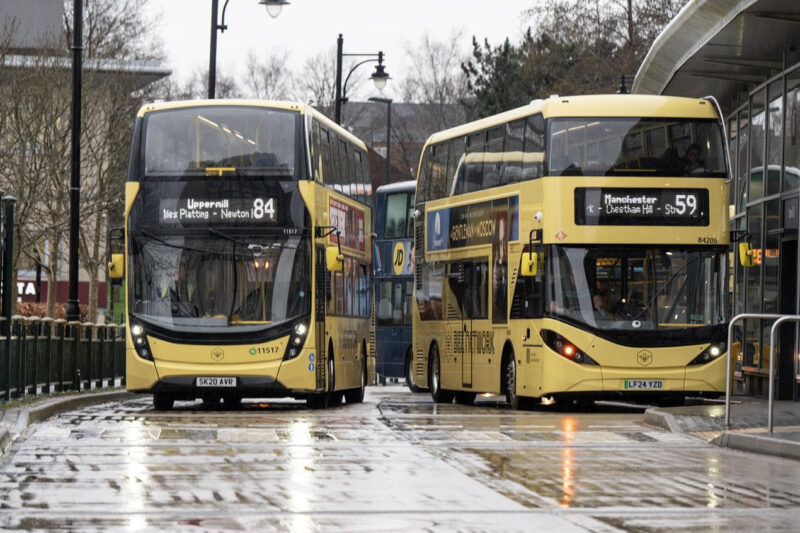
Legislation laid before Parliament today on Monday 9 September grants new powers to all Local Transport Authorities (LTAs) in England, enabling them to take control of bus services in their areas. Previously, these powers were limited to Mayoral Combined Authorities, but the expansion will now give local leaders across the country the opportunity to design services that best suit their regions’ needs.
In addition to the legislation, the government has launched a consultation on new draft guidance to support local leaders in taking control of bus services. The guidance aims to simplify the process, lower costs, and address key concerns such as driver welfare, passenger safety, and anti-social behaviour.
Transport Secretary Louise Haigh said:Buses are the lifeblood of our communities, but for too many people it has become impossible to rely on local services, as routes have been slashed and timetables hollowed out.
Today is the first stop on our journey to delivering better buses across the country. After decades of failed deregulation, local leaders will finally have the powers to provide services that deliver for passengers.
And we are taking steps to support local leaders to deliver improved bus services faster and cheaper than ever before. With local communities firmly back in the driving seat, our bus revolution will save vital routes up and down the country and put passengers first.
The new legislation is designed to address the “postcode lottery” of bus services, which has seen communities across the country suffer from inconsistent service quality.
Since 2010, the number of miles driven by buses has fallen by nearly 300 million annually. The reforms aim to reverse this trend by empowering local leaders to deliver services that meet the specific needs of their communities.
A key element of the reforms is the Buses Bill, which will follow the initial Statutory Instrument. The Bill will remove barriers to local control, end the ban on setting up new publicly owned bus companies, and provide greater flexibility over bus funding. It is also designed to support communities that choose not to pursue public control by improving the overall quality of bus services.
Jason Prince, Director of the Urban Transport Group said:We welcome the pace at which Government is moving on its ambitious transport agenda.
Buses are the cornerstone of our public transport system, so it’s greatly encouraging to see this new package of measures which will deliver better bus services for more local areas. We look forward to working with Government to create a smoother journey for all bus passengers.
These reforms are inspired by the success of Greater Manchester’s Bee Network, which has seen passenger numbers increase by 5 percent since its launch under public control.











